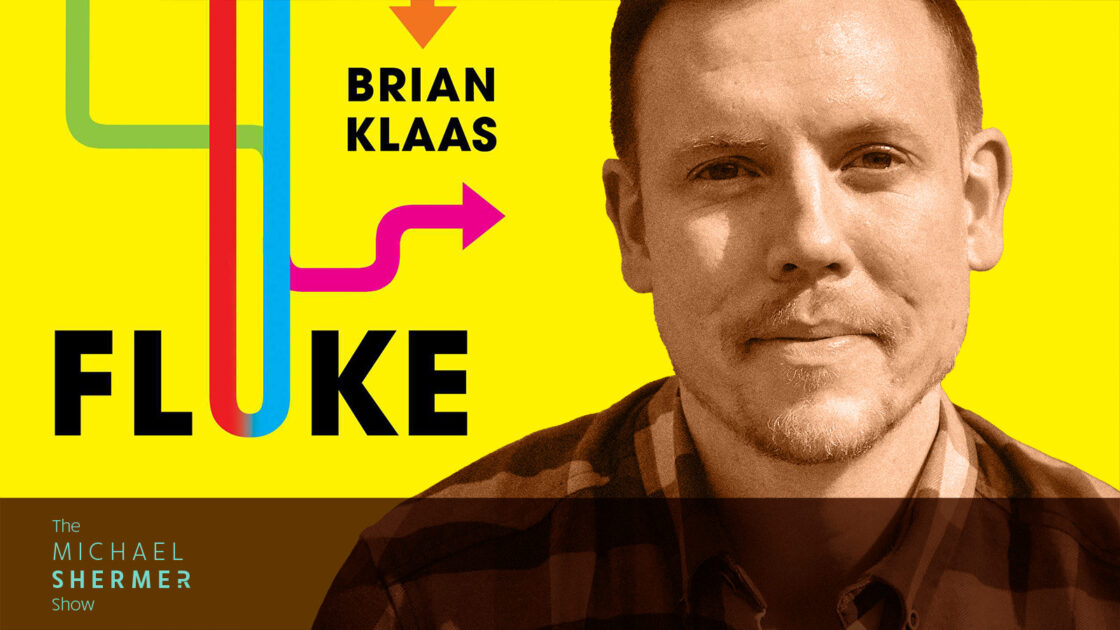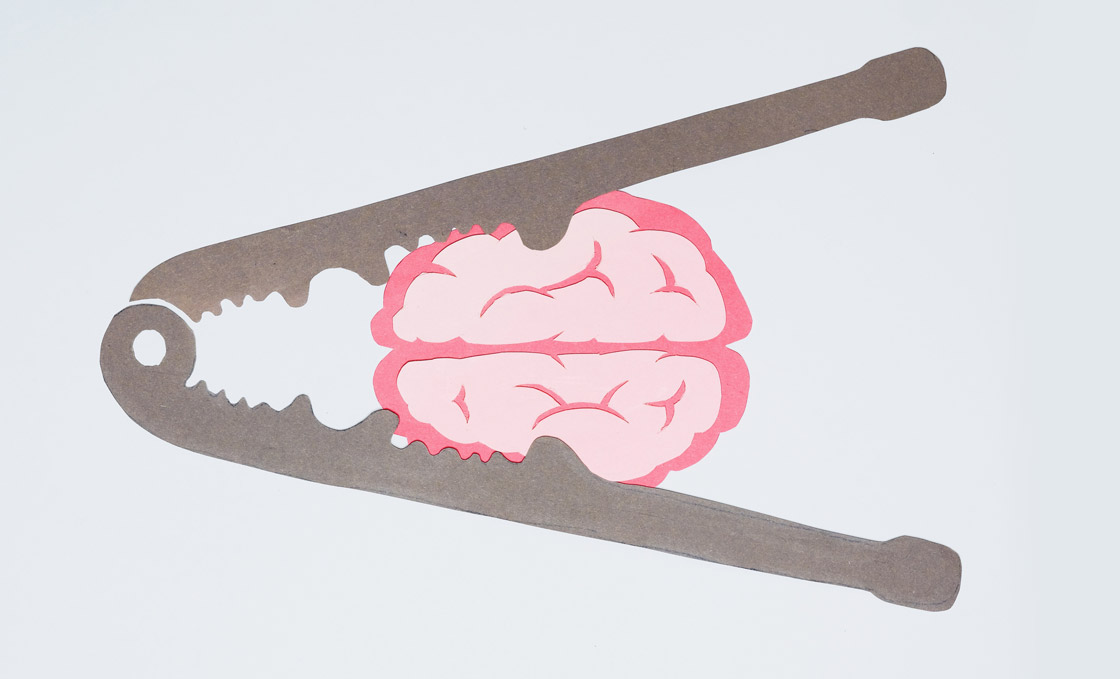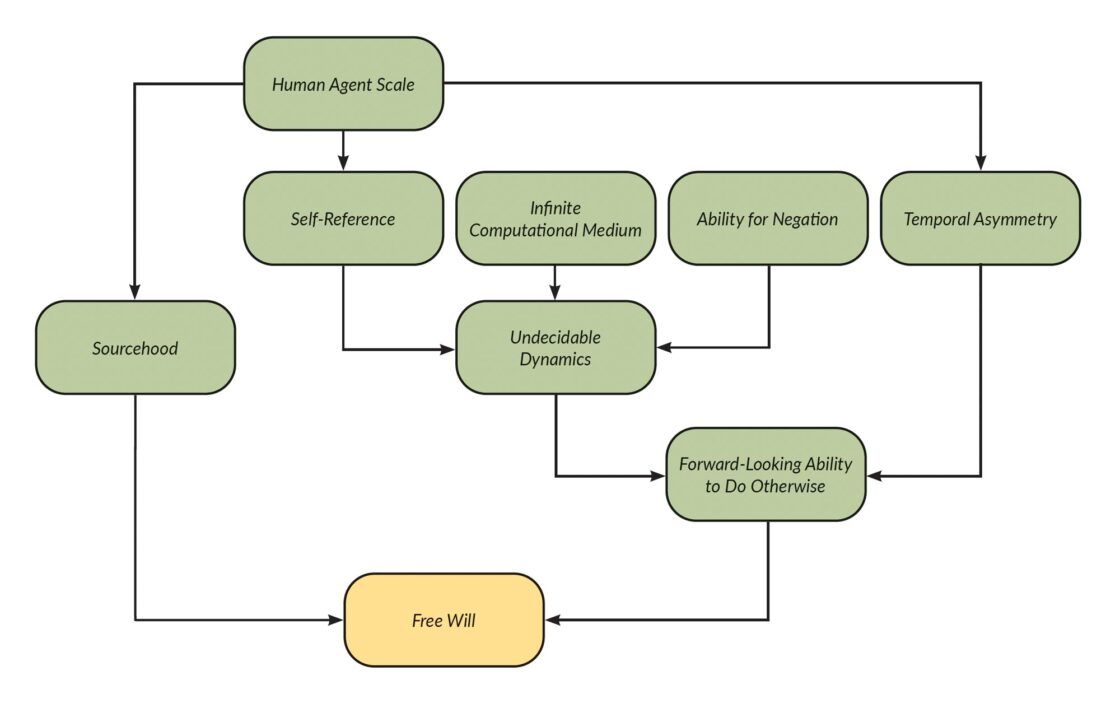choice

Shermer and Klaas discuss: contingency and necessity/convergence • chance and randomness • complexity and chaos theory • Jorge Luis Borges “The Garden of Forking Paths” • self-organized criticality • limits of probability • frequency- vs. belief-type probability • ceteris paribus, or “all else being equal” • economic forecasting • Holy Grail of Causality • Hard Problem of Social Research • Special Order 191 and the turning point of the Civil War • Hitler, Nazi rise to power in Germany, World…

In their debate on free will, Doyle and Whittenberger present, explain, and defend contrasting, inconsistent, and in some ways contradictory models of human decision making. Whittenberger believes that the free will model is far inferior to the hard determinism model in so many ways, including conceptual clarity, the reasonableness of premises, and evidential support. Read Whittenberger’s response to Doyle.

My recent Skeptic article, “Free Will Is Real,” has prompted a response from Gary Whittenberger, who has previously written a standalone article for Skeptic in which he takes a stance against free will.1, 2, 3 Whittenberger’s response to me consists of several distinct points. A few of them are misunderstandings of my position. And a […]

The debate on free will vs. determinism has continued unabated for roughly 2500 years and seems to have become more prolific in the last ten years. Recently, Stuart T. Doyle presented his view in support of free will, the libertarian version. I strongly encourage the reader to study that article first. My intention here, however, […]

Are we really free? The question “Could I have done otherwise?” is central to the issue of free will. But because choices are forward-looking, at the time of choice there is not yet any action to do otherwise. The question makes more sense when aimed at the future: “Can I do something fundamentally unpredictable?” The answer is yes! Humans possess properties that make us capable of undecidable dynamics, meaning we are fundamentally unpredictable, and so we do have free will.













